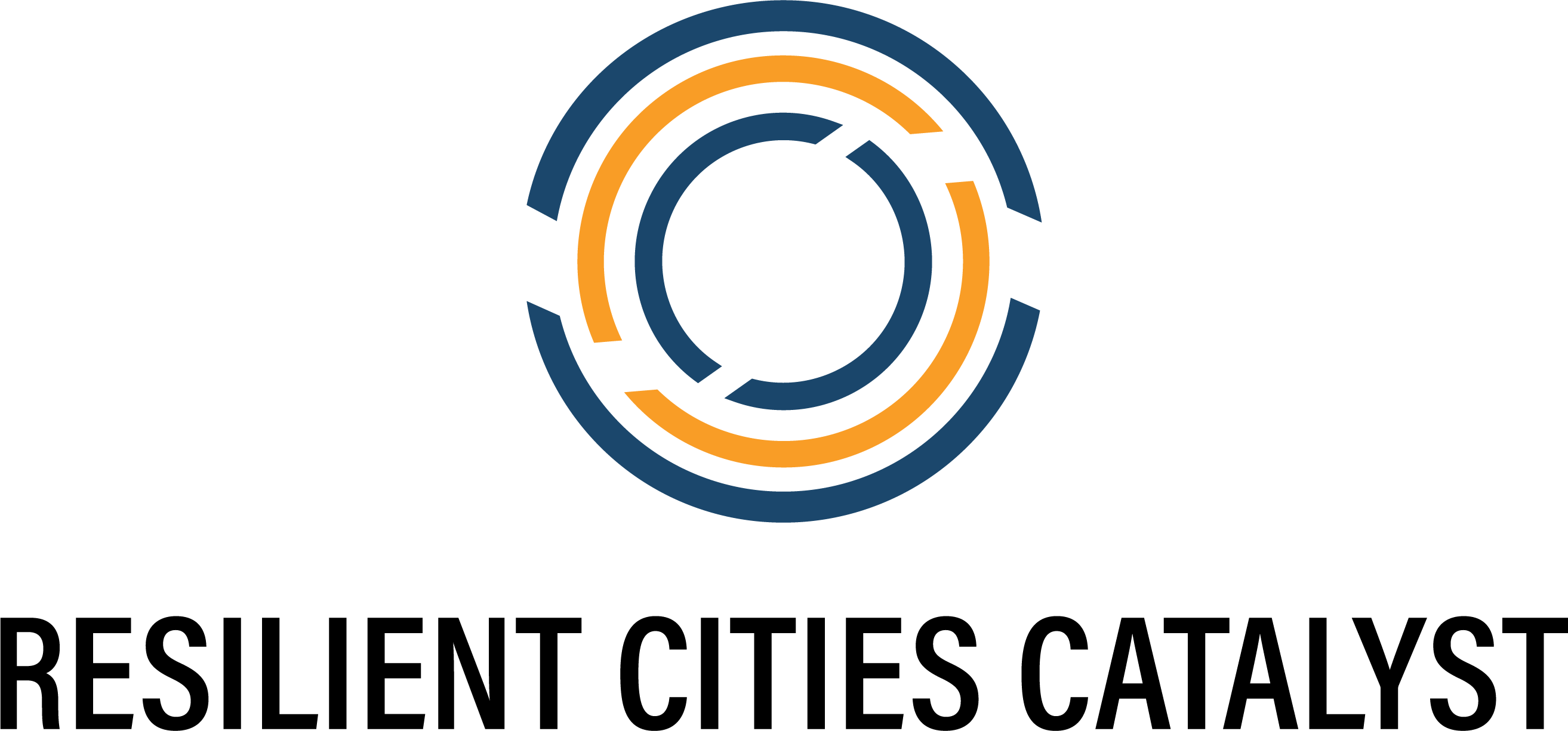
5 Years of Impact, Innovation, and Resilience
2020 – 2025
Let’s celebrate our journey together and look ahead to what’s next.
Support Our WorkDear Friends,
When we launched Resilient Cities Catalyst five years ago, the impacts of an unprecedented global pandemic pervaded our work: as we nurtured and grew a new organization over this tumultuous period, we simultaneously supported government and nonprofit partners in navigating complex economic and community recovery processes while driving forward urgently needed resilience projects.
Today, as RCC marks five years of impact, we find ourselves facing new unprecedented challenges that again are testing already vulnerable communities. But in these uncertain times, I am more convinced than ever of two things. First, that it will take the growing momentum of the resilience movement to drive the change needed to foster safer, healthier, and more prosperous communities in the face of new threats and increased uncertainty. Second, the talented, creative, and dedicated RCC colleagues that I have the honor of working with everyday continue to lead the way in building this movement.
Our national and international headlines are filled with worrying trends as longstanding institutions are becoming weaker, major sources of critical funding for communities are drying up, and climate-driven disasters–most recently, the devastating wildfires in Los Angeles–are becoming more frequent and intense. But our work at RCC counters this narrative. Through example after example, and in collaboration with local partners, RCC is building trust between government and community organizations at the local level, delivering projects that protect and strengthen neighborhoods in the face of climate-driven events, and equipping communities with the lasting capacity they’ll need to sustain and grow this work well into the future.
In cities such as Austin and Tampa as well as the Greater San Diego region, RCC’s ongoing long-term collaboration has supported communities in moving from planning to implementation of priority projects. From addressing the health impacts of extreme heat in Phoenix through a new community-driven model for increasing shade in low-income neighborhoods, to reducing water scarcity via rain harvesting projects while cultivating more vibrant public spaces in Mexico City, to developing coastal infrastructure to protect against erosion in Southern California–these projects and many others serve as living examples of the impact of resilience building in their communities. Taken together, they demonstrate the collective power of this movement and the catalytic potential of investments in resilience.
We want to thank all of our partners who have been instrumental in RCC’s first five years. Now is the time to double down on our efforts. Join us in growing this movement through the additional partnerships and collaborations that will support more resilient communities for the next five years and well into the future.
With best wishes,
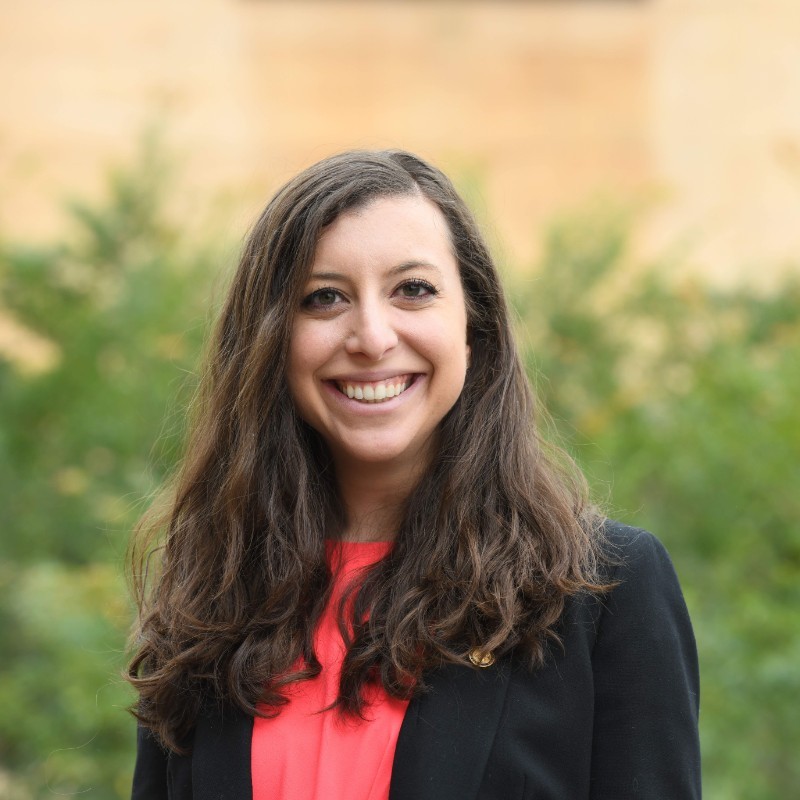
Anna Friedman
Director of Policy & Programs
Over the past five years, RCC has partnered with communities across the globe to turn bold ideas into lasting impact. Here’s a snapshot of what we’ve accomplished together.
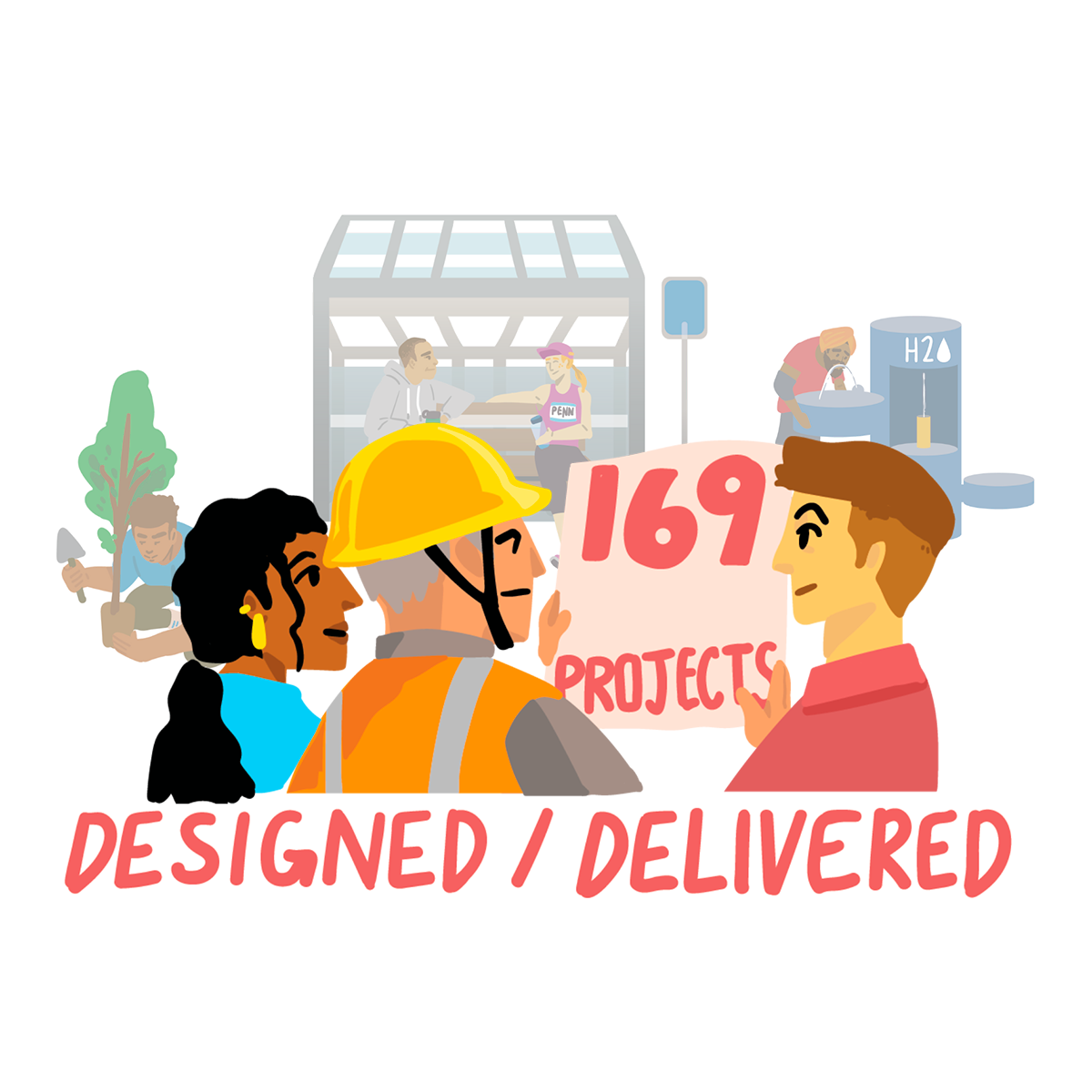
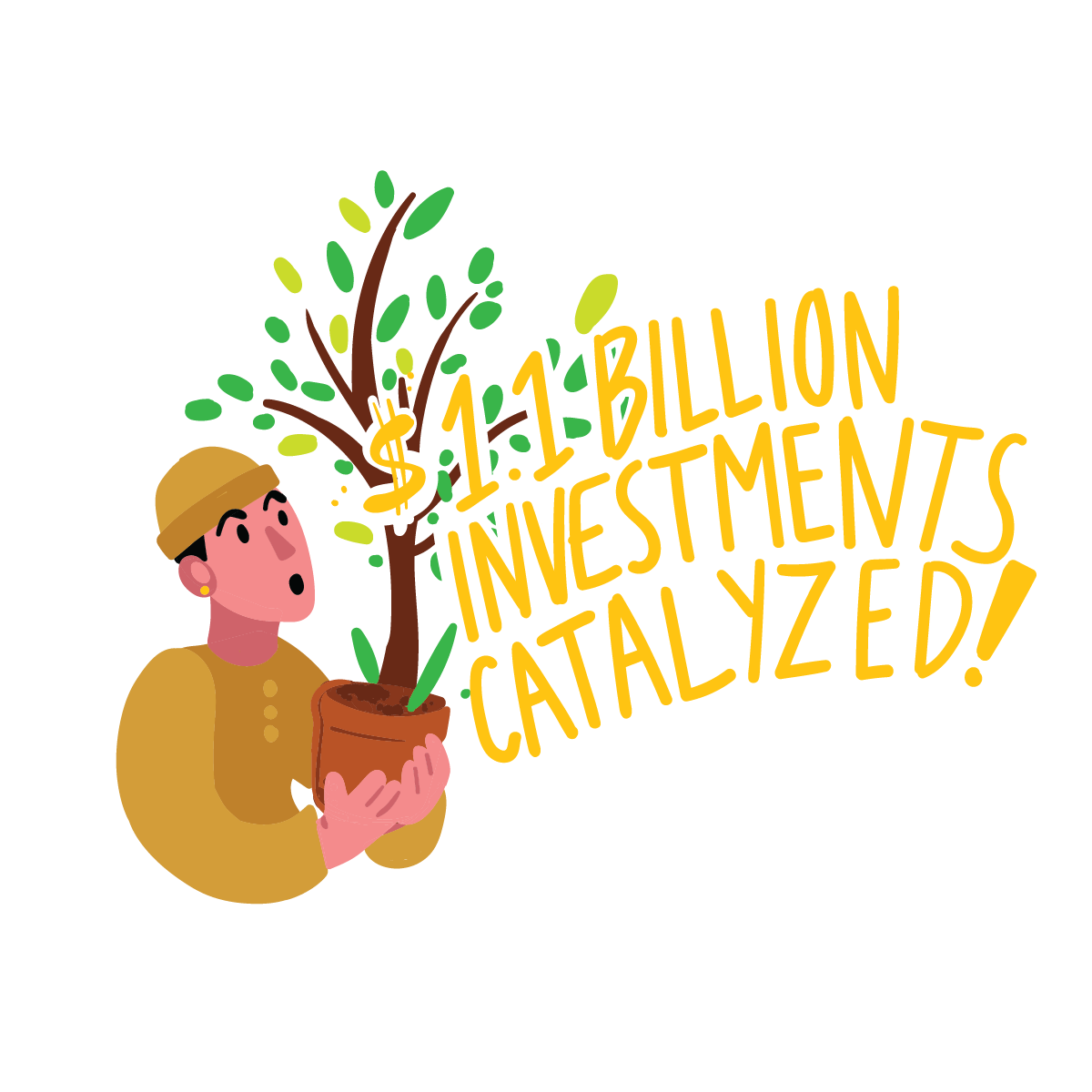
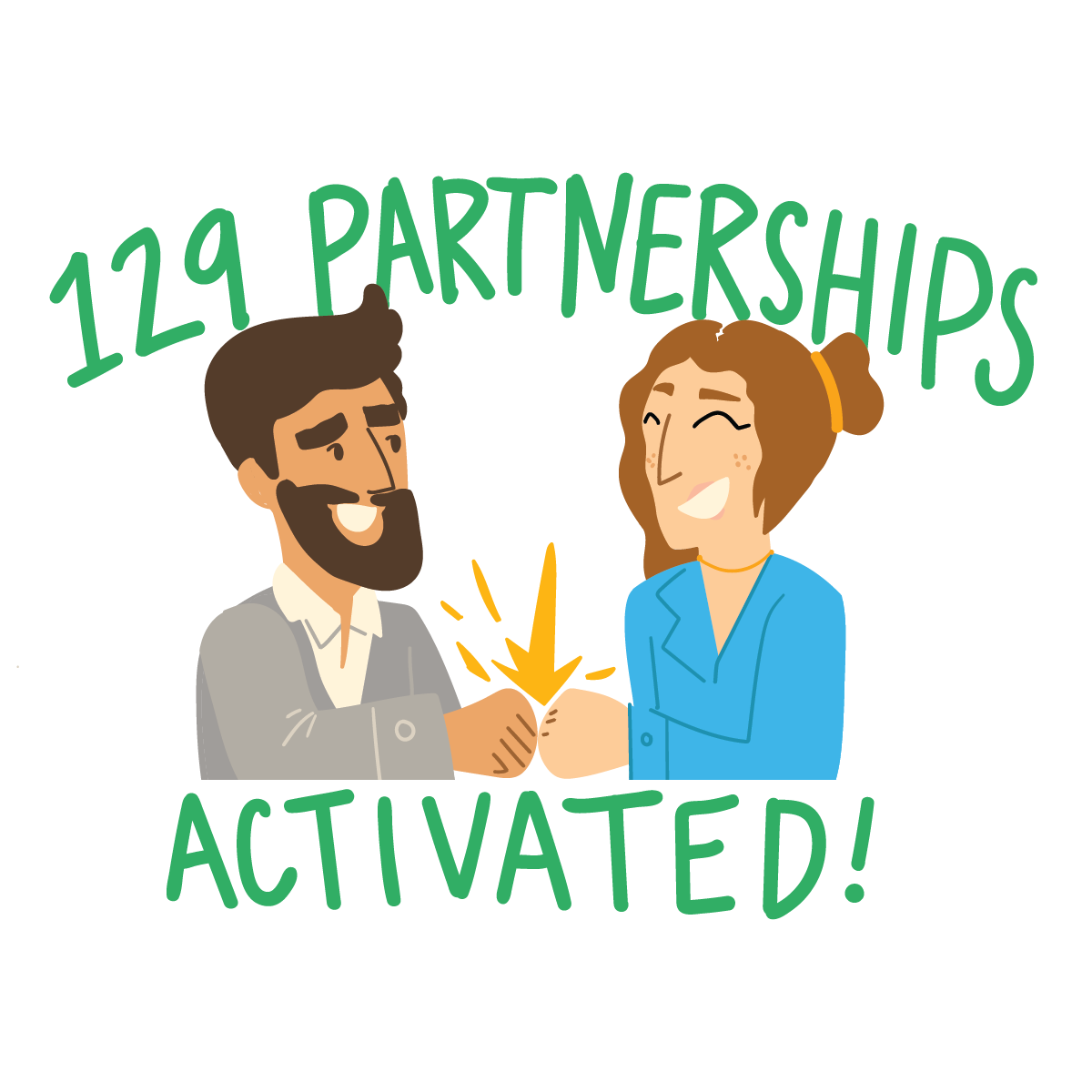
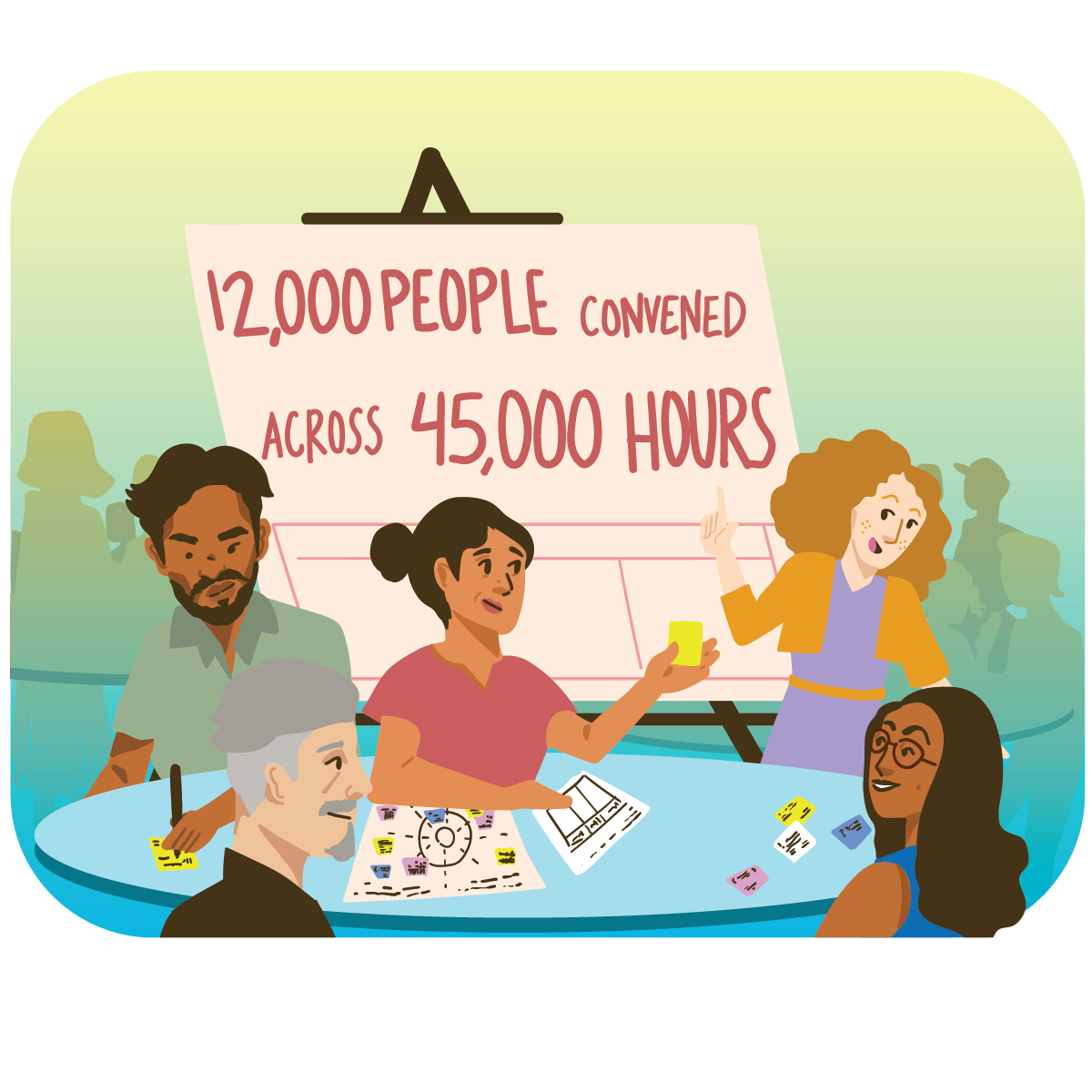
Since RCC’s beginning, these originals have helped shape who we are and where we’re going. As we celebrate five years, we’re honoring the teammates who’ve been here from the start — thank you for laying the foundation and building something real.

Anna

Ameneé

Garima

Amelia

Andrew

Sam

Corinne

Jeb

Paul

“We founded RCC because we knew the work of 100RC wasn't done. We knew that helping communities become less fragile and more resilient was a generational undertaking and that only by collaborating, innovating and delivering consistently and together were we going to have the impact communities all over the world need. That was true in 2020 and it's even more true today. I am proud to have been a part of RCC's founding and I looking forward to working with them over the next 5 years and beyond to continue to build a resilience movement.”
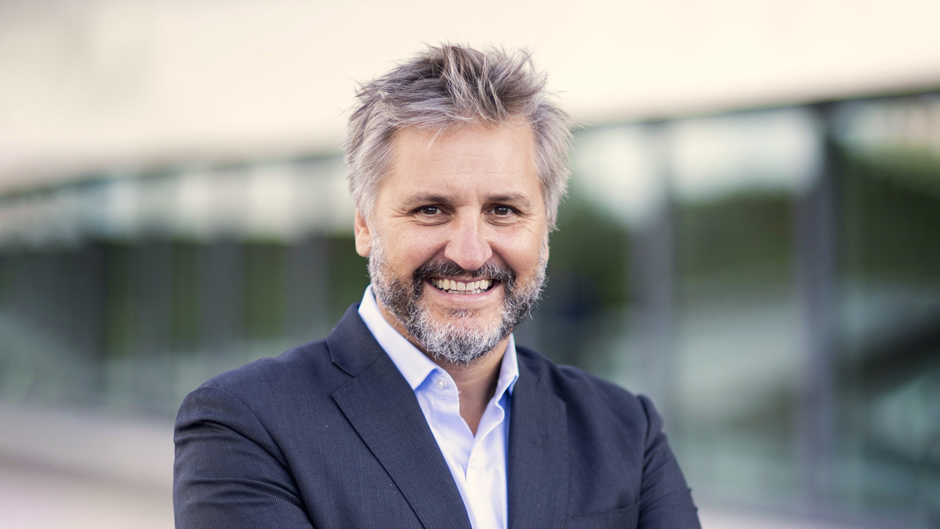
Michael Berkowitz
Executive Director, Climate Resilience Institute
Eric T. Levin Endowed Chair in Climate Resilience
University of Miami
RCC Founder
Built our theory of change, hired core staff and expanded to new board members, setting RCC up for impact and scale in future years.
Launched RCC’s three core programs—Resilient Neighborhoods, Project Preparation, and Regional Resilience Partnerships, all seeded through early pilots and strategic design sprints.
Co-developed the Tampa Resilience Roadmap, the City’s first Resilience Roadmap, helping Tampa embed equity and climate resilience into long-term planning.
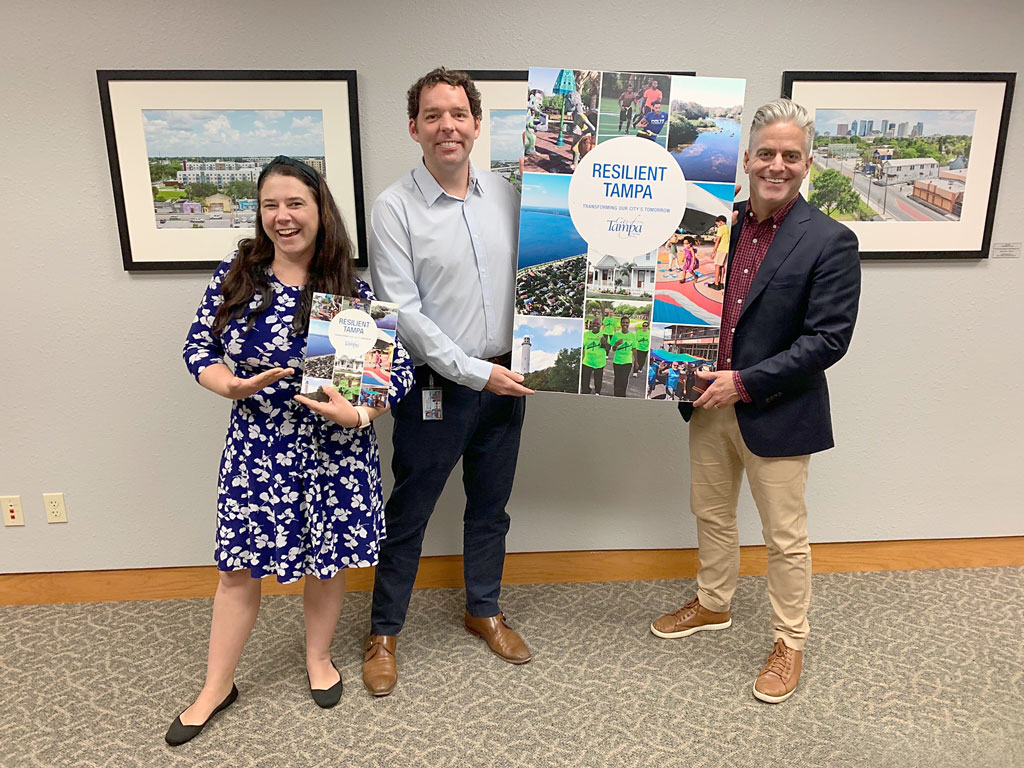

Launched and expanded the California Resilience Partnership (CRP), laying the groundwork for statewide, multisector resilience programming, while launching innovative pilots in communities such as Oceanside, CA.
Hosted the Marshall Plan for Middle America (MP4MA) summit, convening over 190 cross-sector leaders from 4 states and 9 key cities across the Ohio River Valley and Upper Appalachia, uniting local governments, labor, community groups, academics and the private sector to accelerate equitable economic recovery and energy transition.
Initiated international partnerships, including the launch of a national Climate Resilience Hub in Greece and support for a new global resilience standard with Gold Standard.
Deployed the Resilient Neighborhoods pilot in Houston’s Kashmere Gardens, engaging 250+ residents and 26 cross-sector partners to co-design resilience hub concepts that strengthened community cohesion and disaster preparedness.
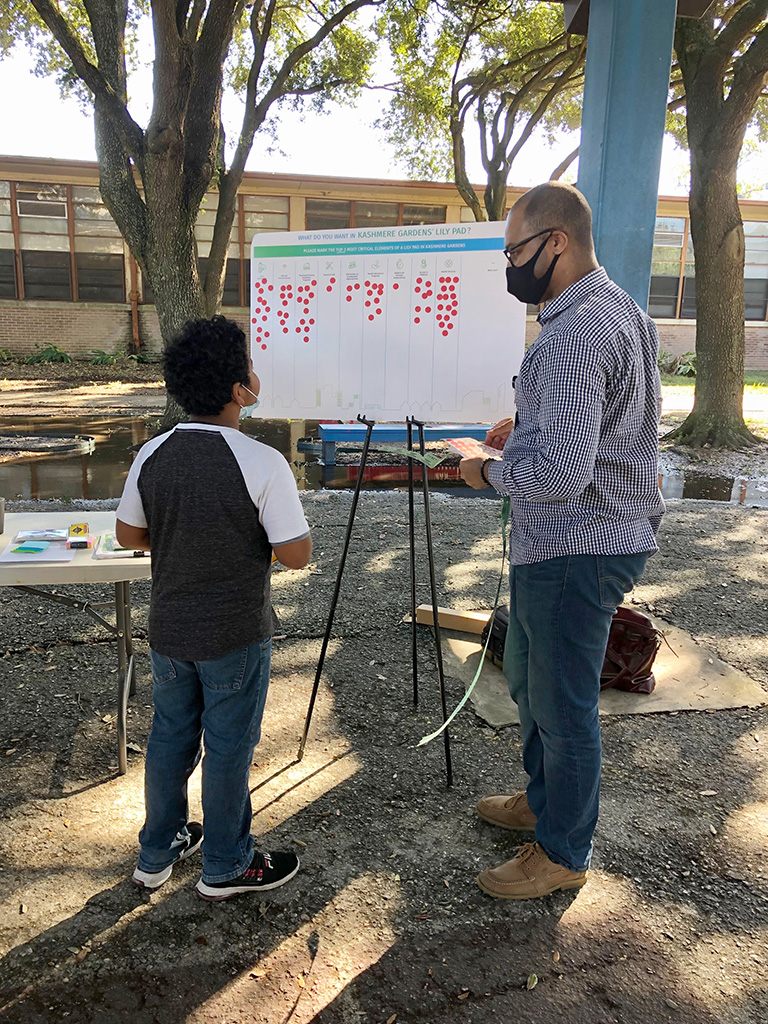

Expanded all three core programs—Resilient Neighborhoods, Project Preparation, and the California Resilience Partnership—with implementation across Houston, Tampa, Austin, Los Angeles, and San Diego.
Established RCC Europe, opening a new office in Athens, Greece, and with initial grant funding from the Global Covenant of Mayors.
Co-led international pilots with Gold Standard in the Galápagos and Pittsburgh to deploy a global resilience adaptation standard.
Partnered with the Minderoo Foundation to launch the Resilient Communities Framework — a practical guide that equips leaders and practitioners with tools for systemic, community-led climate planning and action across Australia.
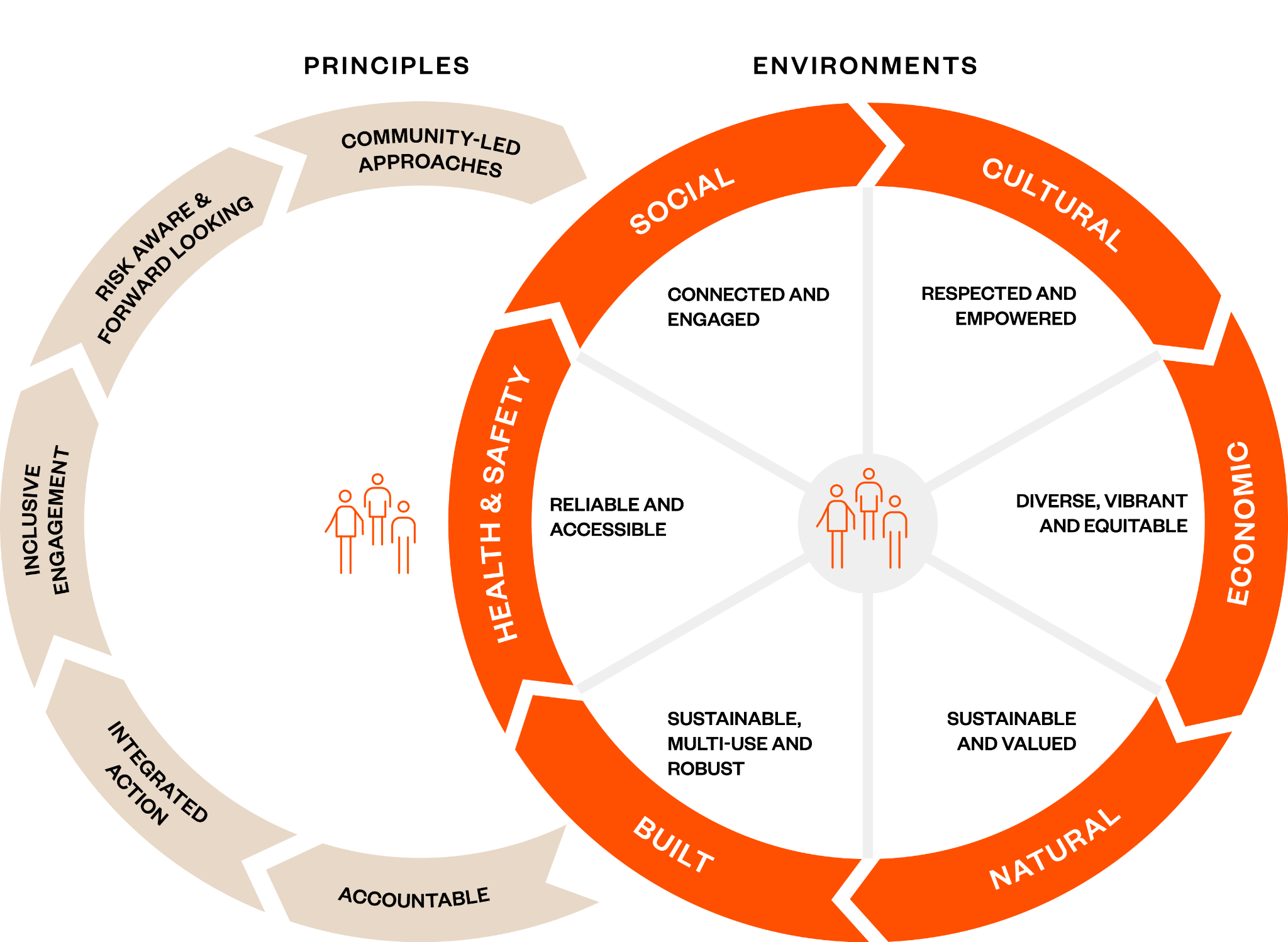

Implemented RCC’s most robust project portfolio to date—22 active projects totaling nearly $14M in funding, including new city partnerships in Toronto, Chennai, Sydney, Kozani, and across Latin America and the Caribbean through the Cities Forward initiative.
Supported cities in their release of key strategic documents , including the One Austin Resilience Framework with the City of Austin and the San Diego Region Coastal Resilience Roadmap in partnership with the San Diego Regional Climate Collaborative.
Launched the Mediterranean Climate Action Partnership (MCAP) at COP28—a global alliance of 16 regions with Mediterranean climates, united to address the impacts of drought, wildfires, and extreme heat. Led by California, USA, and Catalonia, Spain, MCAP brings together regional leaders from Africa, Europe, the Americas, and Australia.

Delivered 87 engagements across 68 locations in 24 regions globally, advancing resilience planning, project preparation, and cross-sector partnerships in both new and existing communities.
Built the foundation for growth: expanded our full-time team and strengthened internal systems to support deeper collaboration and scale community-led resilience efforts.

Sustaining momentum and deepening impact: With strengthened internal systems and an expanded team, RCC is continuing to scale its work—supporting deeper, more durable partnerships and accelerating place-based resilience across communities.
Aligning delivery with our values: Embedding equity, systems change, and community leadership at every stage—from planning through implementation.
Driving solutions from vision to delivery: Supporting partners with tools, technical expertise, and cross-sector facilitation to unlock investments and overcome persistent barriers to implementation.
Fostering global knowledge exchange: Creating space for diverse practitioners to share best practices, accelerate learning, and build sustained capacity across the field.
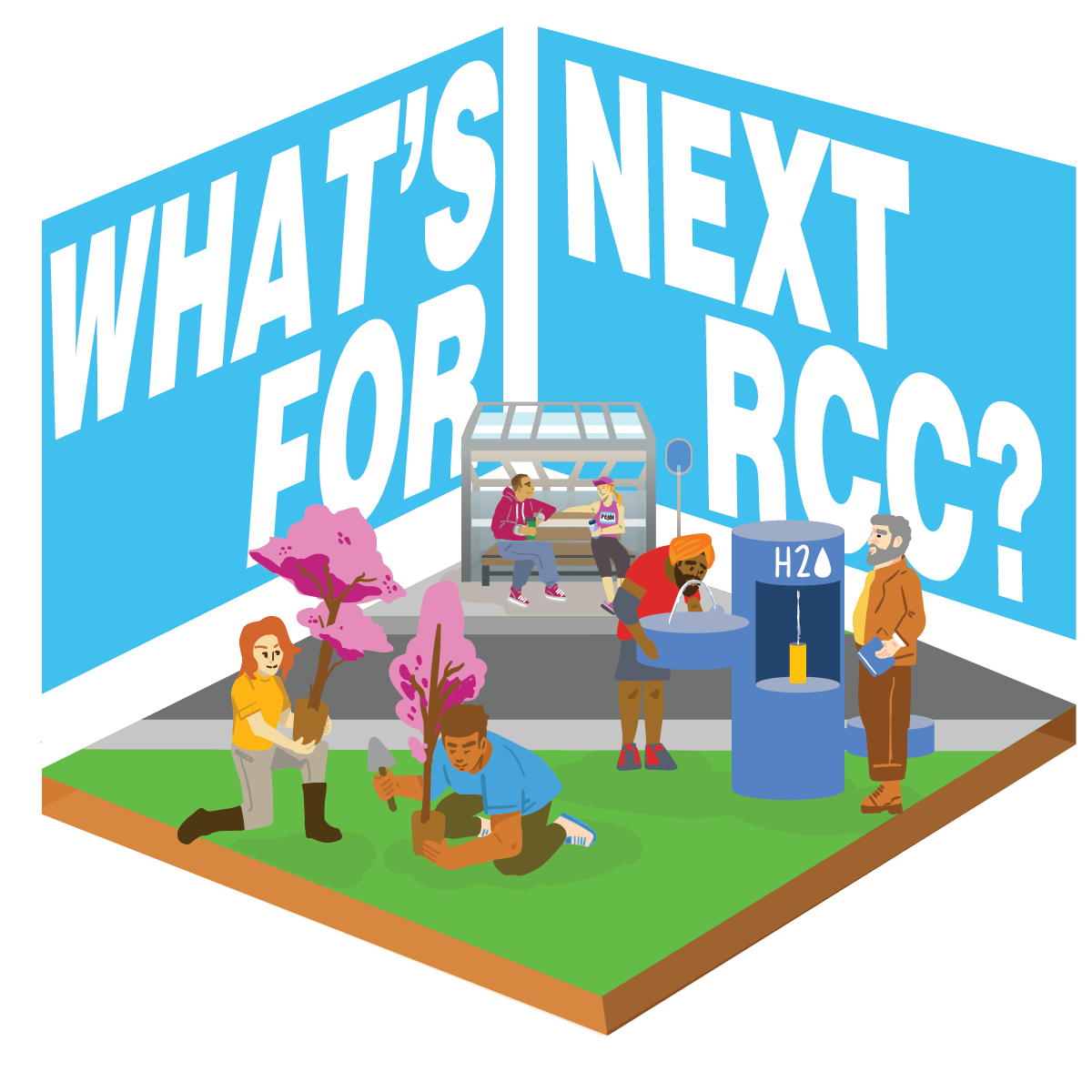 The work doesn’t stop here. As we celebrate, we’re also looking ahead—expanding our programs, deepening partnerships, and accelerating resilience projects that matter.
The work doesn’t stop here. As we celebrate, we’re also looking ahead—expanding our programs, deepening partnerships, and accelerating resilience projects that matter.